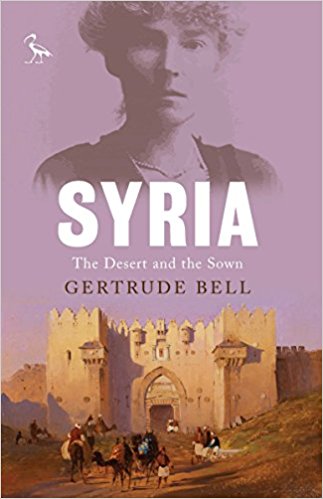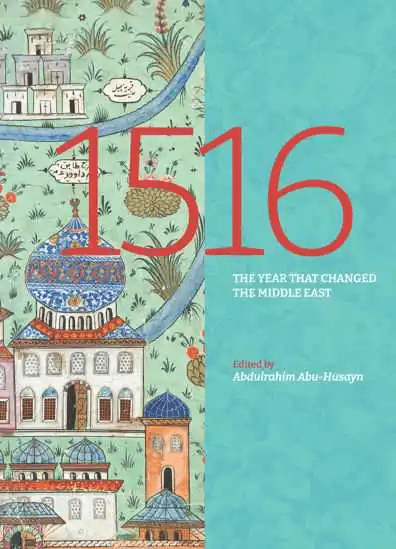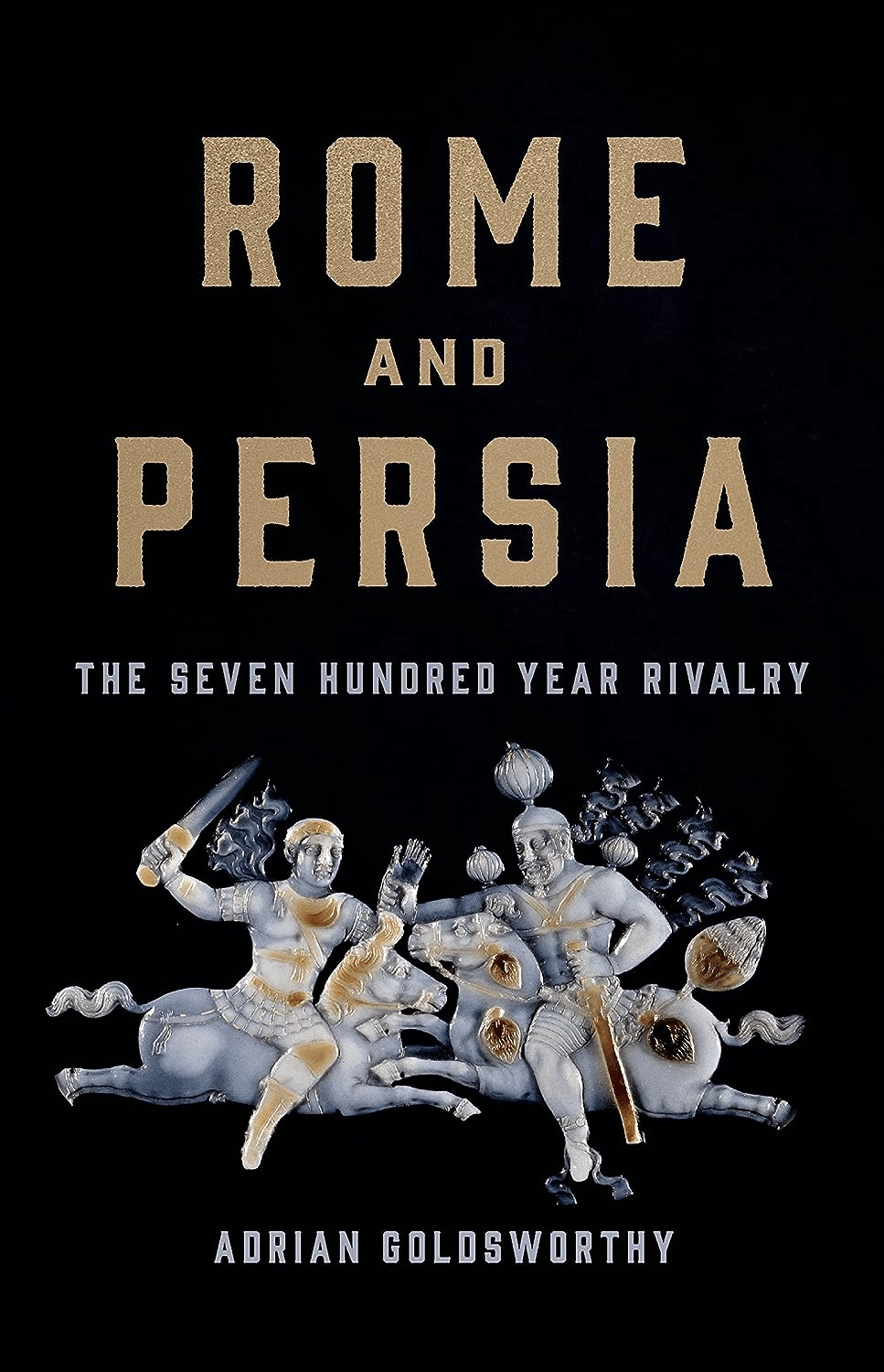
Syria: The Desert and the Sown
Graham Chandler
Gertrude Bell
2016, Tauris Parke Paperbacks, 978-1-78076-691-1, $18.99 pb.
“To those bred under an elaborate social order few such moments of exhilaration can come as that which stands at the threshold of wild travel.” The opening line of this book (first published in 1907) sums up Gertrude Bell, well known for her turn-of-the-20th-century exploits in the Middle East when aristocratic young women just didn’t do such things. Recognized for her role of border-maker in the region after World War I, this re-release recounts Bell’s ambitious 1905 expedition through Palestine and Syria with a small entourage of native guards, guides and a cook, showcasing the Oxford-educated woman’s talent as a classic Victorian travel writer. Fluent in Turkish and Arabic, she provides wonderfully entertaining snapshots of conversation with the tribes she encounters, and an early passion for archeology becomes clear in her site descriptions and photographs. She displays a formidable knowledge of Ottoman politics, on the status of groups like the Circassians, the Druze, the Armenians and the Yazidis, for example, which served her well for a later stint in British intelligence. Though often reflecting patronizing colonial attitudes of the time, her writing takes the reader on an unforgettable trip through the remote Middle East before airplanes and cars changed the scene.
You may also be interested in...

Editor Challenges Readers To Witness Islamic History Sans the Modern Lens In New Book
In 1516, Ottoman Sultan Selim I entered Damascus clean-shaven. What followed changed Arab-Turkish relations for 400 years.
In War and Peace, Book Explores How Rome and Persia Remained Frenemies
Book Review: In his latest scholarly work, Roman historian Adrian Goldsworthy reduces Persian and Roman longevity to simply an ever-evolving coexistence.